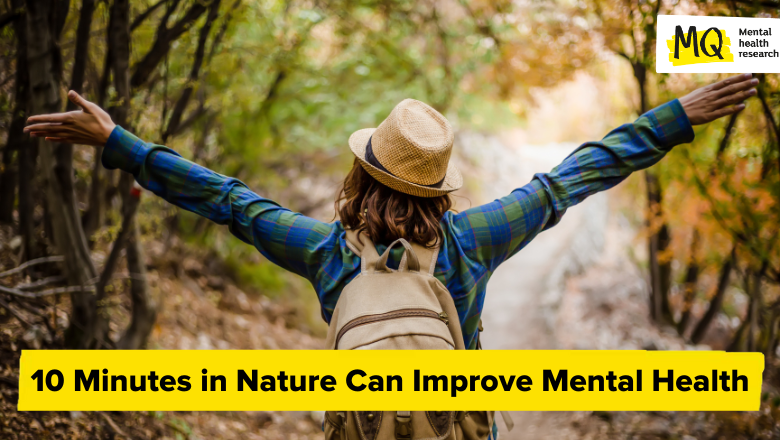A new study published in Ecopsychology reveals that spending as little as 10 minutes in nature can offer short-term benefits for adults with mental illness.
The meta-analysis reviewed 30 years of research on the effects of nature on social, mental, and physical health, including urban environments.
Lead author Joanna Bettmann, a professor at the University of Utah College of Social Work, stated,
“We know nature plays an important role in human health, but behavioural health and health care providers often neglect to think about it as an intervention. We set out to distil some evidence-based guidance for those providers.”
The researchers analyzed 45 studies from an initial pool of 14,168, focusing on 1,492 adults with diagnosed mental illnesses. These studies included both structured therapeutic interventions and unstructured nature experiences, with durations ranging from 10 minutes in a city park to several days in the wilderness. Despite the variation in duration and type of exposure, all studies reported positive mental health outcomes.
“Ten minutes in urban nature is far less intimidating, expensive and time-consuming for people who do not have the time, resources, interest, community support or equipment to venture into the wilderness for days or weeks,”
wrote the authors.
Co-authors Scott Couch and Dorothy Schmalz from the university’s College of Health emphasized the value of this research. Schmalz noted,
“The relationship between nature and mental health is all over the place. The work that Joanna did here in bringing it all together and culling through it and really figuring out what the overall message seems to be is an incredibly valuable contribution to understanding what this connection is.”
The study found that activities involving water-based outdoor spaces, camping, farming, and gardening had the most significant positive effects. Urban nature, mountains, and forests also provided substantial benefits. Bettmann highlighted, “All of these different types of outdoor spaces delivered positive results, which underscores the importance of preserving green spaces in our natural and built environments.”
Regardless of the type of diagnosed mental illness, nature exposure showed significant short-term improvements in mental health symptoms, with greater effects observed in those with mood disorders like depression or bipolar disorder. According to the World Health Organization, one in eight people suffers from some form of mental illness, making affordable and accessible mental health supports crucial.
Bettmann cautioned,
“Going for a short walk or taking a camping trip should not necessarily be thought of as a replacement for other therapeutic or clinical interventions. Rather, we should consider time in nature as an inexpensive, widely-available resource to support adults’ mental health and overall well-being.”
Funding for the research came from Nature and Human Health Utah, a nonprofit organization aimed at bridging the gap between nature and health.
Learn more about the benefits of nature for your mental health here.







